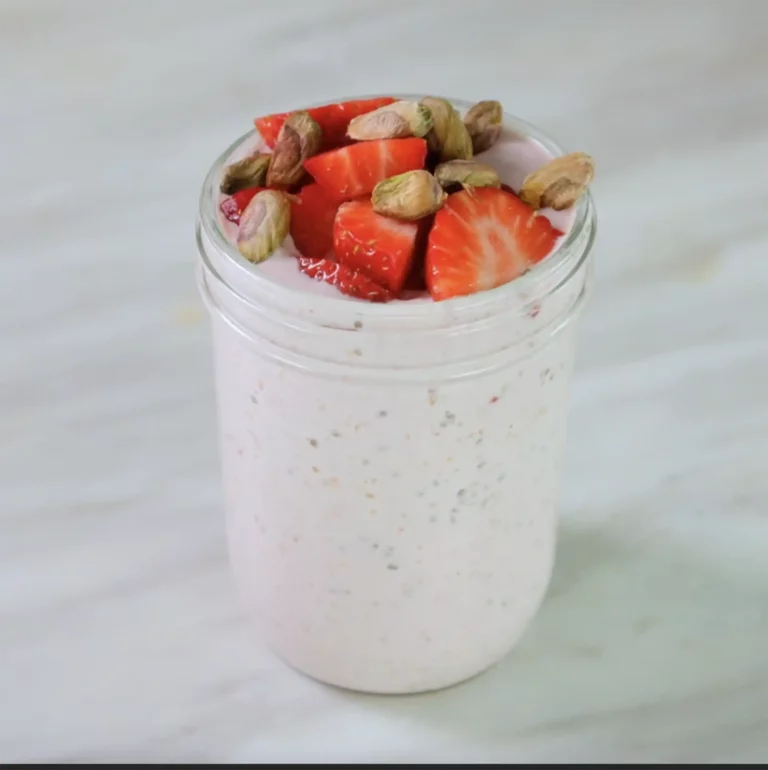When it comes to weight loss, cooking oils are often misunderstood and unfairly blamed.
Many people assume that because oils are pure fat, they must be avoided at all costs. But what if I told you that the right oils, used the right way, can actually support your weight loss journey?
In this article, I’ll walk you through the truth about cooking oils, their role in reducing inflammation, and how to portion them wisely to meet your goals without sacrificing flavor.
Are All Cooking Oils the Same?
Yes and no.
From a calorie standpoint, all cooking oils are the same: about 120 calories per tablespoon, since they are 100% fat. That includes everything from olive oil to coconut oil to avocado oil.
But here’s the key: not all fats are created equal.
Oils That Support Weight Loss and Inflammation Control
If you’re struggling with inflammation-related weight gain or just want to optimize fat metabolism, it’s important to choose oils rich in monounsaturated fats and omega-3s.
These healthy fats are known to:
- Reduce visceral (belly) fat
- Improve metabolic function
- Support heart health
- Decrease inflammation, which can make weight loss harder
My Top Oil Choices
1. Extra Virgin Olive Oil
- Rich in monounsaturated fats
- Contains antioxidants that protect the oil during cooking
- Culinary uses: sautéing vegetables, roasting salmon, and making homemade dressings
Myth-busting moment: Yes, you can cook with extra virgin olive oil! Its antioxidants help stabilize it when heated, making it safe and beneficial for medium-heat cooking like stir-fries.
2. Avocado Oil
- Also high in monounsaturated fats
- Higher smoke point makes it ideal for high-heat cooking
- Culinary uses: stir-frying, air frying, grilling
3. Light Sesame Oil
- Different from the bold, toasted version
- Milder flavor and high smoke point
- A blend of monounsaturated and polyunsaturated fats
- Culinary uses: baking, stir-frying, light sautéing
What About Coconut Oil?
Coconut oil is high in saturated fat, mainly lauric acid, which can raise both LDL (bad) and HDL (good) cholesterol.
While it’s fine to use in moderation — especially if you enjoy its flavor — it’s not linked to reduced inflammation or belly fat the way olive and avocado oils are.
So while coconut oil has a place, it’s not my top pick for weight loss.
The Power of Portion Control
Even healthy oils can derail your weight loss goals if you don’t watch the portions.
Here’s my simple guideline:
- If your recipe serves 1, use 1 teaspoon of oil.
- If your recipe serves 4, use 1 tablespoon total.
This strategy keeps calories in check without sacrificing flavor.
What About Cooking Oil Sprays?
Oil sprays can be great — if used properly. A quick mist to coat a pan? No problem. You can skip counting those calories.
But if you spray like you’re painting a wall for more than 9 seconds… that’s a pour, not a mist. And the calories can add up quickly, equal to a teaspoon or more of oil.
Final Thoughts: Fat Is Not the Enemy
The bottom line: Healthy fats can be your ally in the weight loss process. Choose oils that offer more than just calories — oils that provide:
- Heart health benefits
- Anti-inflammatory effects
- Culinary flexibility
Used in moderation and with the right cooking methods, they can enhance your meals and your progress.
Want to Learn More?
If inflammation has been making weight loss harder for you, don’t miss my in-depth video and article on this topic. It’s packed with science and real-life strategies I use with my clients every day.
→ Explore my full article and video on inflammation and weight gain
And remember: Stop dieting. Start living.





